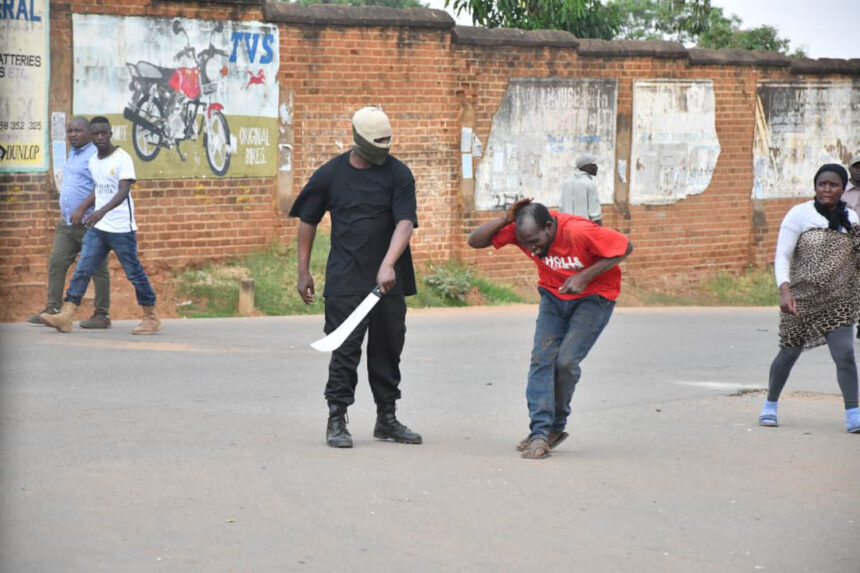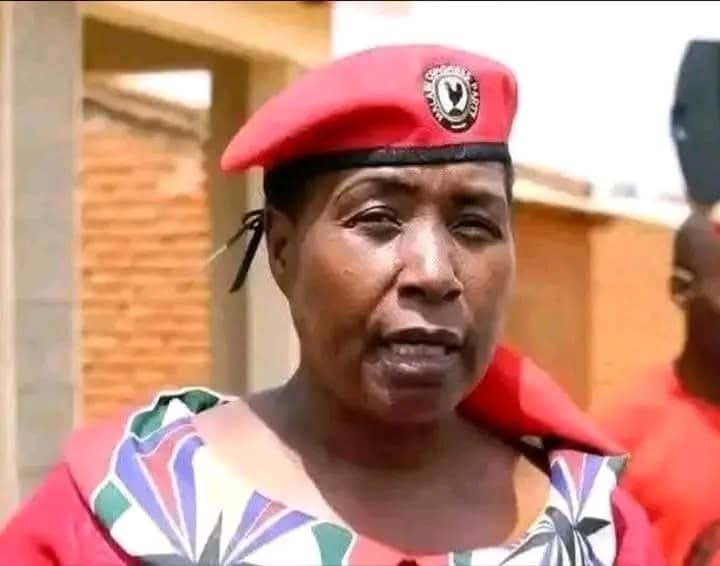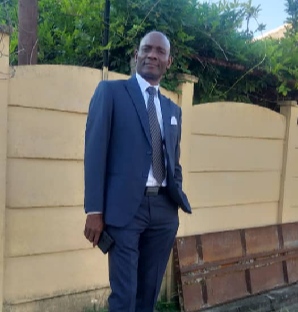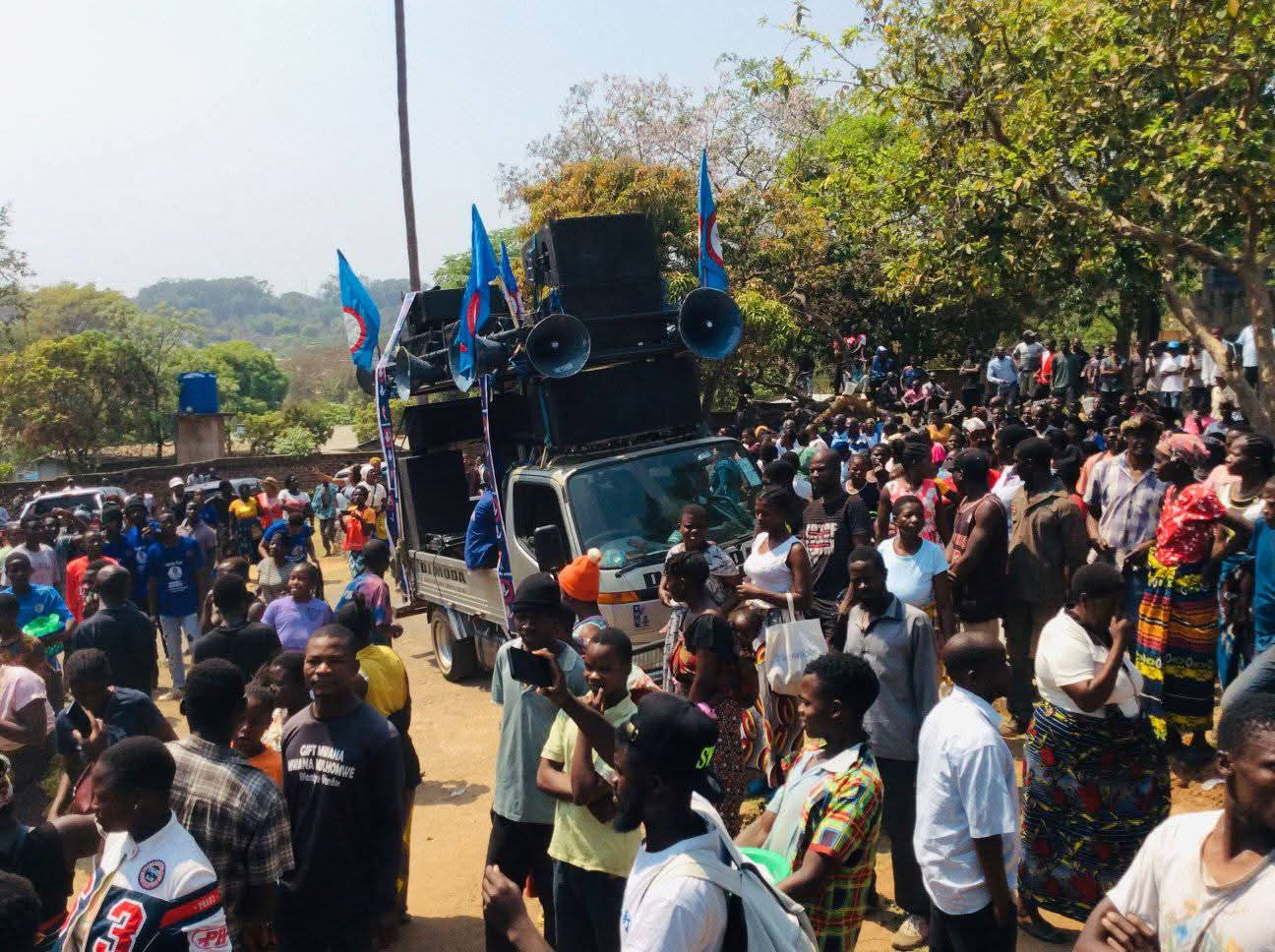By Burnett Munthali
In a recent media interaction, faith leaders in Malawi were questioned about their stance on prior acts of violence that led to the displacement of citizens in the country. The inquiry came as the leaders focused their attention on responding to remarks made by Archbishop Thomas Msusa regarding national issues.
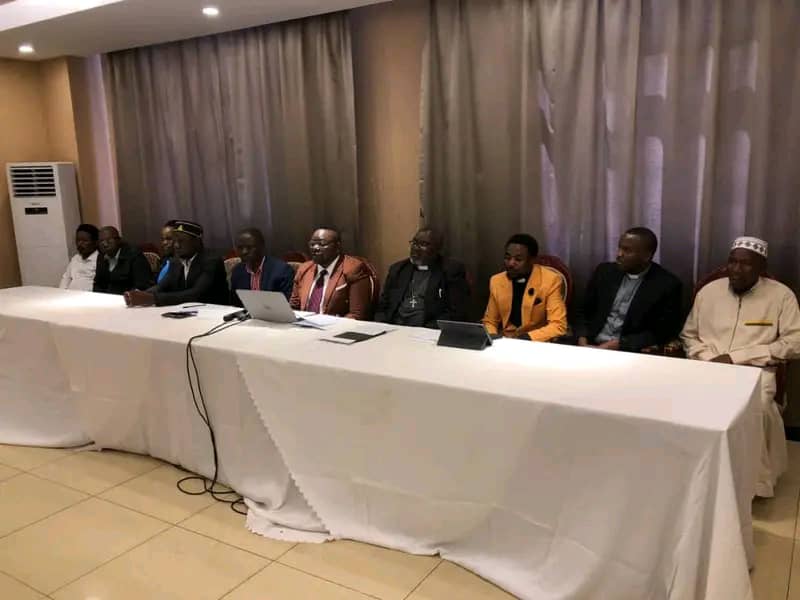
A journalist raised the concern, saying: “If you are truly advocates for peace in this country, why have you remained silent on incidents where some citizens were displaced by acts of violence involving machetes?”
In response, one of the faith leaders acknowledged the issue but emphasized their current focus. “We will address the issue of machetes at a later time. Right now, we are here to discuss the matter concerning Archbishop Msusa.”
This statement reflects a prioritization of addressing the recent controversial comments by Archbishop Msusa, who remains a key figure in the Catholic Church and a prominent voice on socio-political matters in Malawi.
The silence on past violence, however, has sparked criticism from some quarters. Observers argue that faith leaders, often seen as moral guides, should proactively address all forms of injustice and violence without selective focus.
The situation underscores the complexity of balancing immediate priorities with broader concerns of justice and peace, especially for religious leaders navigating political and social tensions.
As Malawi inches closer to its next elections, the role of faith leaders in promoting peace and accountability remains under scrutiny. Their ability to address both current controversies and unresolved grievances will be key to fostering unity in the nation.

